
A Wildlife Trust organisation aims to restore a degraded Salford peatland that has been used as a commercial peat extraction site in the past.
The Lancashire Peatlands Initiative intends to bring Little Woolden Moss back to life by covering ditches, planting vegetation, and creating bog pools.
It is a non-profit organisation that looks after and restores our peatlands and nature reserves across the region by engaging communities with these fascinating habitats.
Jenny Bennion, The Peatlands Communications Officer for The Wildlife Trust for Lancashire, Manchester and Merseyside said that Little Woolden Moss used to be an ex-commercial peat extraction site and has been damaged due to agriculture and the peat extraction process.
“They get that peat by taking all the vegetation of the top, digging huge drainage ditches, draining the water and then digging the peat out of the ground leaving a huge black desiccated dry wasteland and that is what happened to Little Woolden Moss.
“So, the whole point is to try and restore and care for the remaining fragments of peatland that are within the region.
“We’ve actually lost 98% of our lowland peatlands so the little fragments we have are really precious”.
The Lancashire Peatlands Initiative aims to reintroduce lost species by rebuilding habitats in order to restore wildlife in Salford, the community and the UK as a whole.
One of the ways this is done is through the creation of bog pools which is home to a range of different types of wildlife, from dragonflies, aquatic insects, to some of the bigger animals such as common toads, frogs and lizards as well as a number of different plants and vegetation.
Bennion said, “Part of our project is to work on species reintroductions, creating habitats and then being able to reintroduce lost species such as the White-faced Darter that is incredibly rare in the UK and is drawn by bog pools.
“So, bog pools are a really important part of a natural peatlands landscape and when you look down into them there’s a whole mosaic of ecosystems and habitats.
The organisation is also running a #peatfree campaign, urging the local community to go peat free in their gardens to help save our valuable peatlands.
Peatlands have many different benefits and most importantly are a natural resource in the fight against climate change as well as providing flood mitigation and being home to a number of wildlife.
With the UK being in the middle of a huge biodiversity crisis the importance of conserving and creating more habitats is more important than ever, says Jenny.
“41% of species in the UK are facing a decline in numbers, that is huge! The UK is actually one of the least biodiverse countries in the world and this is due to human interaction”.
The Lancashire Peatlands Initiative relies on all the help and support they can get from their volunteers, especially now that lockdown restrictions have relaxed in order to restore and conserve the fragments of peatlands left.
“Our volunteers are the life and blood of our organisation; without our volunteers we quite simply cannot do it.
“Without the support and help from our volunteers Little Woolden Moss would be nowhere near the state it is in now. It still has a long way to go and is still at the start of its restoration journey but we couldn’t do it without them.
The community can get involved by volunteering through the organisation’s website or by getting in touch via their Facebook page.
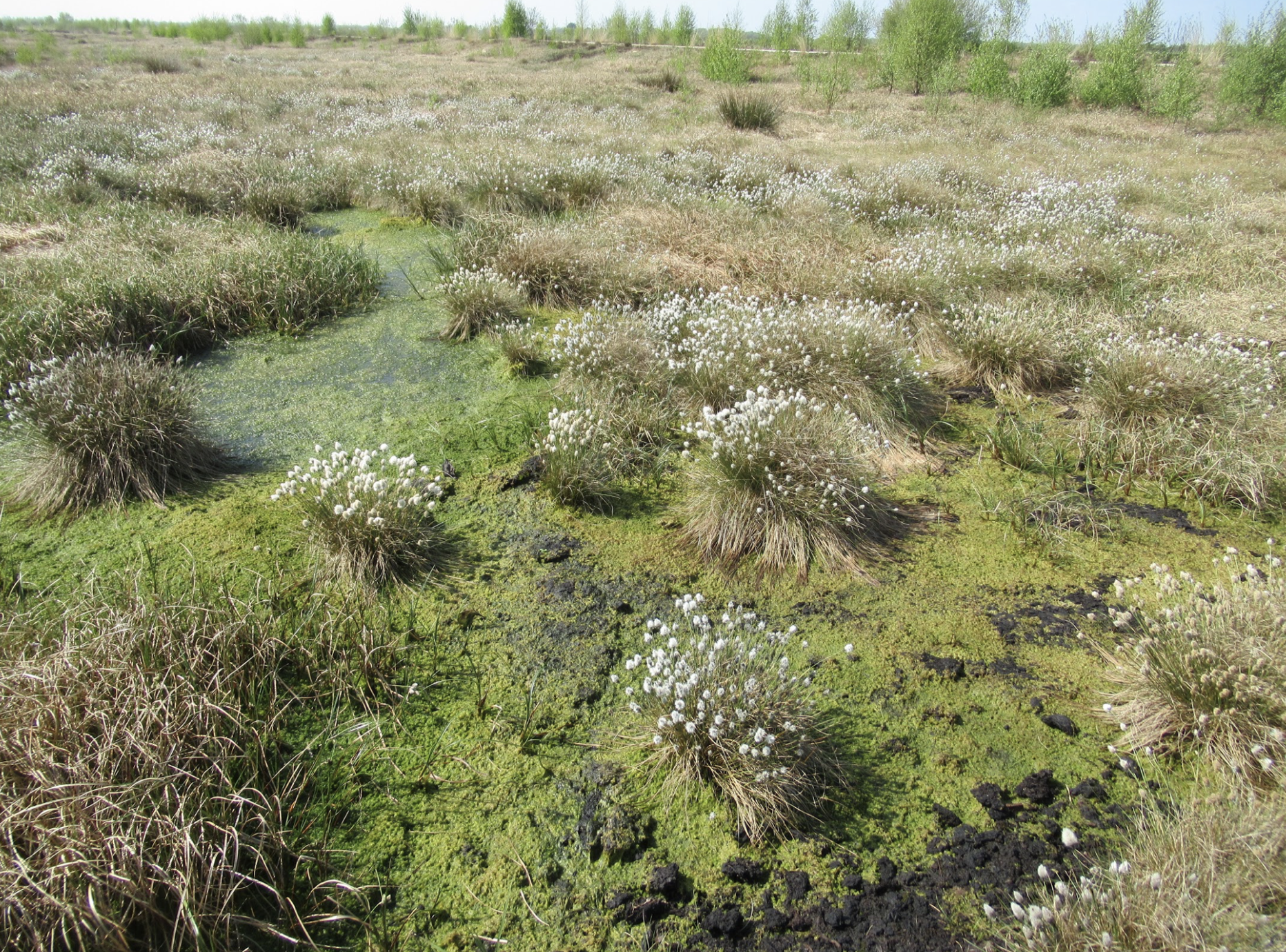

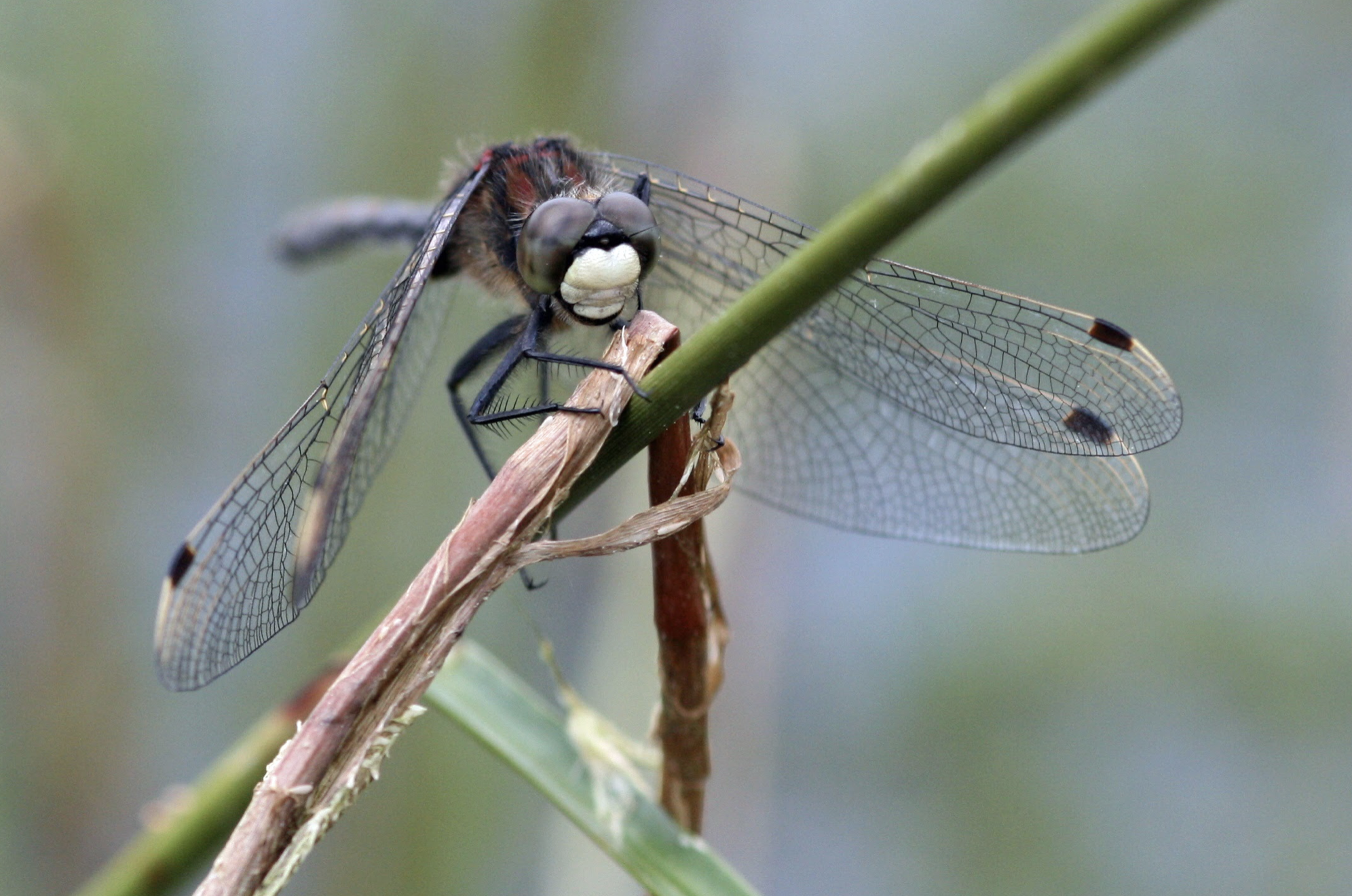
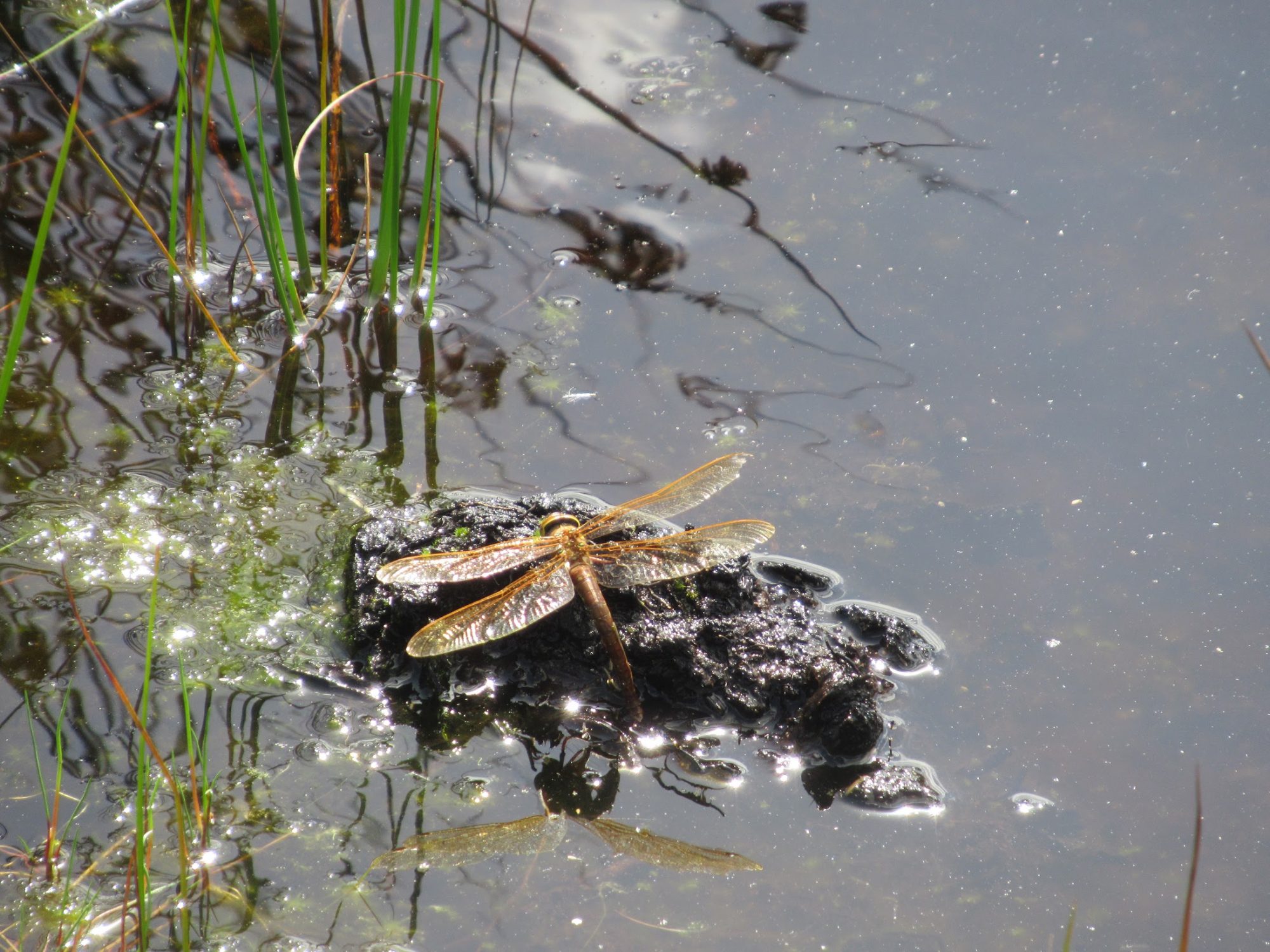
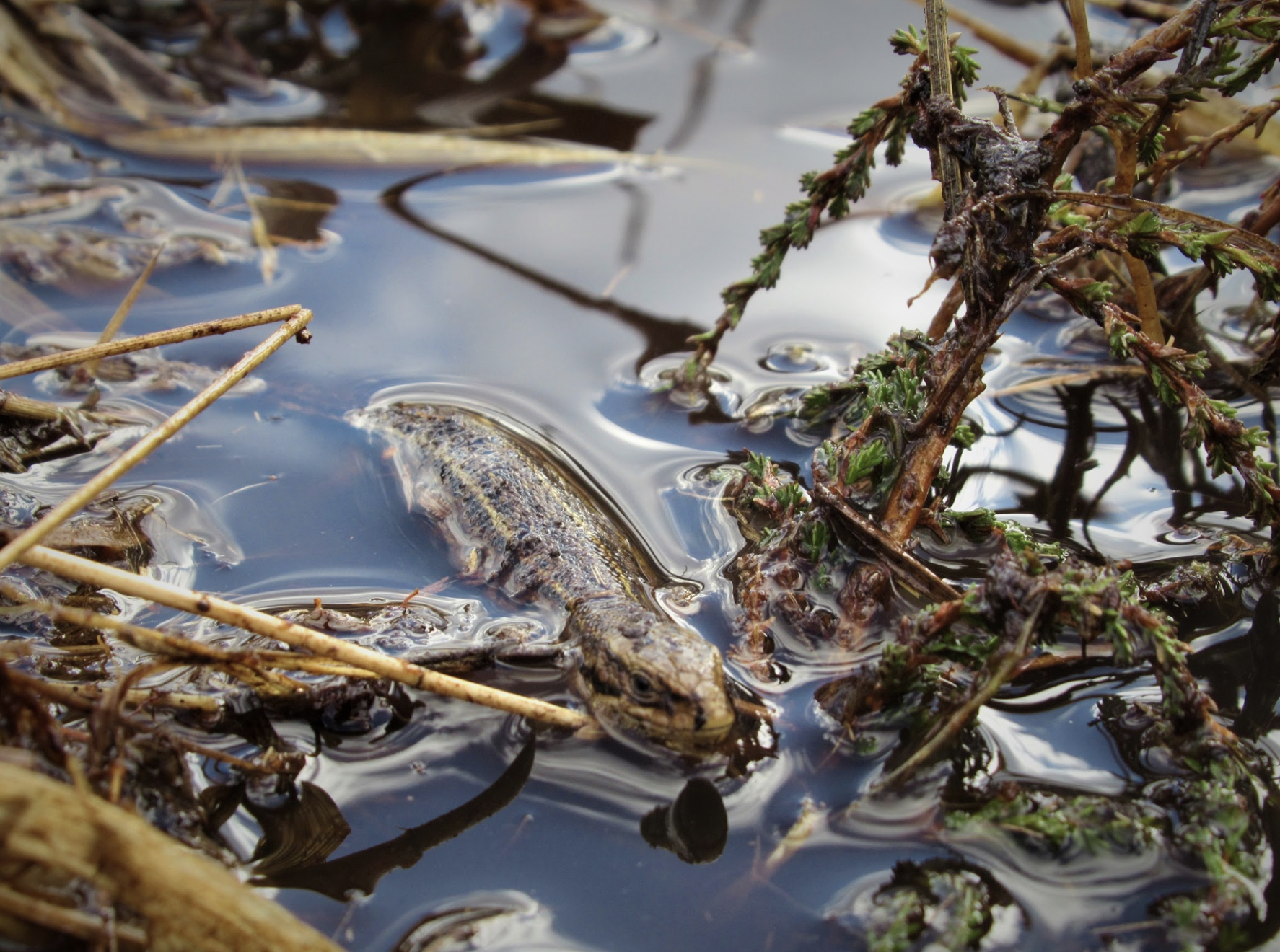
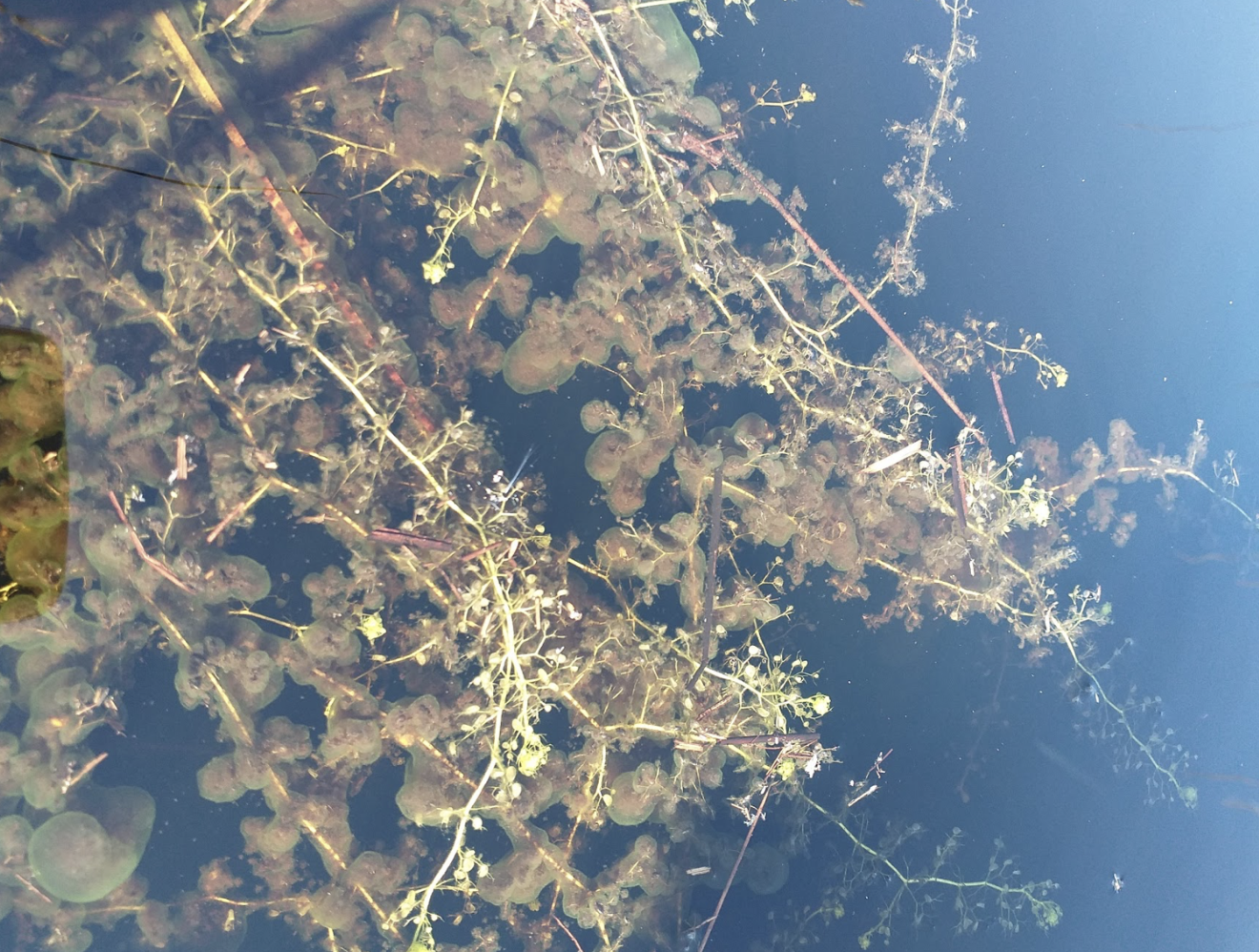














Recent Comments